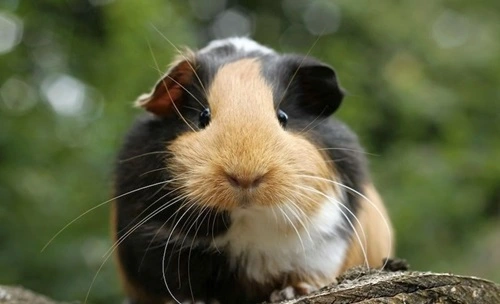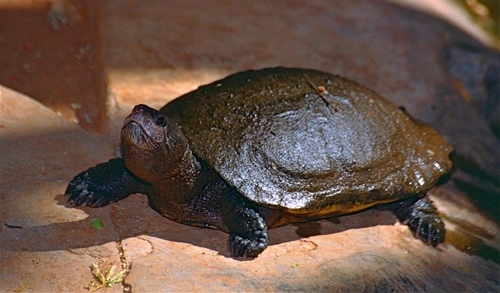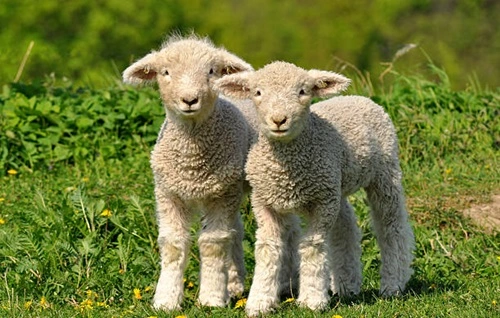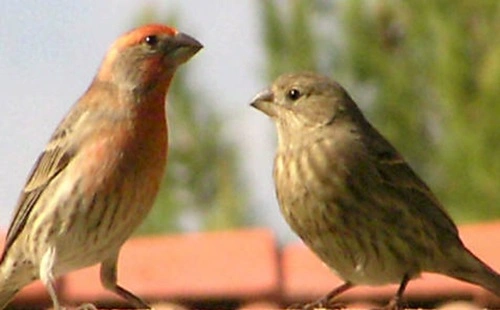Guinea pigs, also known as cavies, are among the most beloved small pets in the world. With their adorable faces, gentle personalities, and unique vocalizations, they have captured the hearts of pet lovers everywhere. While many people are familiar with these charming animals, there are numerous fun and interesting facts about guinea pigs that highlight their unique qualities and endearing traits. Here are over 10 fun facts about guinea pigs that will deepen your appreciation for these delightful little companions.

1. They Are Not Pigs and They Don’t Come from Guinea!
Despite their name, guinea pigs are neither pigs nor do they come from Guinea. They are actually rodents native to the Andes mountains in South America. The name “guinea pig” is believed to have originated from the animal’s resemblance to a pig and the fact that they were once traded in markets in Guinea. However, they have no genetic relation to pigs and are a distinct species.
2. Guinea Pigs Are Social Animals
Guinea pigs are naturally social creatures that thrive in groups. In the wild, they live in herds, which provide them with safety and companionship. As pets, they should ideally be kept in pairs or small groups to ensure their social needs are met. If left alone, they can become lonely and stressed, leading to health problems. If you’re considering getting a guinea pig, it’s a great idea to adopt at least two!
3. They Have Unique Vocalizations
Guinea pigs communicate with a variety of sounds, each conveying different emotions or needs. Common vocalizations include:
- Wheeking: A high-pitched sound often made when they are excited or want food.
- Purring: A low, vibrating sound that can indicate contentment or annoyance, depending on the context.
- Chirping: A rare sound that can resemble a bird’s chirp, though its meaning is not well understood.
These vocalizations are part of what makes guinea pigs such engaging pets, as they express their feelings and desires through their sounds.
4. They Have a Unique Digestion System
Guinea pigs have a specialized digestive system that requires a diet rich in fiber. They are herbivores and primarily eat hay, fresh vegetables, and a small number of pellets. Unlike some other rodents, guinea pigs cannot produce their own vitamin C, making it essential for their diet. A deficiency in vitamin C can lead to serious health issues like scurvy, so owners should ensure their guinea pigs receive fresh veggies, such as bell peppers and leafy greens, that are high in this vital nutrient.
5. Guinea Pigs Come in Many Breeds and Colors
There are several breeds of guinea pigs, each with unique characteristics, fur types, and colors. Popular breeds include:
- American: Short-haired and smooth-coated, these guinea pigs are friendly and easy to handle.
- Peruvian: Known for their long, flowing hair, they require regular grooming to prevent matting.
- Abyssinian: Distinct for their rosettes of fur, Abyssinians are energetic and curious.
Guinea pigs can also come in a variety of colors, including agouti, golden, white, black, and combinations of these colors. The diversity in breeds and colors adds to their appeal as pets.
6. They Have a Special Adaptation Called “Cecotrophy”
Guinea pigs practice a unique behavior known as cecotrophy, where they consume their own cecotropes—soft feces produced in their cecum. This process allows them to re-digest vital nutrients that were not fully absorbed during their first pass through the digestive system. While this may sound unappealing, it’s a natural and essential part of their dietary needs, helping them extract maximum nutrition from their food.
7. Guinea Pigs Are Very Clean Animals
Guinea pigs are naturally clean creatures that spend a significant amount of time grooming themselves. They have a low odor, especially if their living environment is kept clean. Regular cage cleaning, along with fresh bedding and food, helps maintain a hygienic environment for your pets. Additionally, many guinea pigs enjoy the occasional bath, though it’s important to use gentle pet shampoos and ensure they are dried properly afterward.
8. They Can Live for Over a Decade
Guinea pigs have a lifespan of around 5 to 7 years on average, but with proper care, many can live beyond a decade. Factors that contribute to a longer life include a balanced diet, regular veterinary check-ups, a clean living environment, and social interaction. It’s essential for potential guinea pig owners to understand the commitment required, as these pets can be long-term companions.
9. Guinea Pigs Have a Rich History
Guinea pigs have been domesticated for thousands of years, with their origins dating back to the Andean cultures of South America. They were initially raised for food and were an important part of the diet in those cultures. In modern times, guinea pigs have become popular pets worldwide, but their historical significance as a food source remains a fascinating aspect of their story.
10. They Have a Unique Heartbeat
Guinea pigs have a faster heart rate than humans, averaging around 240 to 380 beats per minute. This quick heartbeat is important for their small size and high metabolism. Understanding this unique aspect of their physiology can help owners recognize when their guinea pigs are stressed or excited, as their heart rates can increase in response to various stimuli.
11. Guinea Pigs Enjoy Playtime and Exploration
These curious creatures are known for their playful nature. Guinea pigs enjoy exploring their environment and playing with toys. Providing them with tunnels, chew toys, and safe areas to roam can enrich their lives and keep them mentally stimulated. Interactive playtime not only strengthens the bond between pet and owner but also promotes exercise, which is crucial for their health.
12. Guinea Pigs Can Be Trained
Although they may not perform tricks like dogs, guinea pigs can be trained to respond to certain commands or to use a litter box. Positive reinforcement methods, such as treats and praise, work well in encouraging desired behaviors. Training your guinea pig can enhance their mental stimulation and strengthen the bond between you and your pet.
13. They Can Recognize Their Owners
Guinea pigs are social animals that can develop strong bonds with their owners. They recognize their humans by sight, sound, and smell, often showing excitement when they see familiar faces. This recognition leads to affectionate behaviors, such as wheeking or approaching their owners when they hear them, demonstrating their social nature.
14. Their Teeth Never Stop Growing
Like other rodents, guinea pigs have continuously growing teeth. To keep their teeth healthy, it’s essential to provide them with plenty of hay and chew toys, which help wear down their teeth naturally. Dental issues can lead to severe health problems, so monitoring their chewing habits and ensuring they have the right diet is crucial for their overall well-being.
15. Guinea Pigs Have Distinct Personalities
Every guinea pig has its unique personality, and many owners find their pets to be quite expressive. Some may be more outgoing and social, while others might be shy or reserved. Observing these individual traits can help owners provide tailored care that enhances their guinea pig’s comfort and happiness, allowing for a rewarding companionship.
From their playful personalities and unique dietary needs to their historical significance and diverse breeds, guinea pigs are fascinating pets that bring joy to countless homes. Each of these fun facts highlights the remarkable qualities of these lovable creatures, reinforcing their status as cherished companions. Whether you’re a longtime owner or considering adding a guinea pig to your family, understanding their needs and characteristics can lead to a fulfilling and rewarding relationship with these delightful pets



